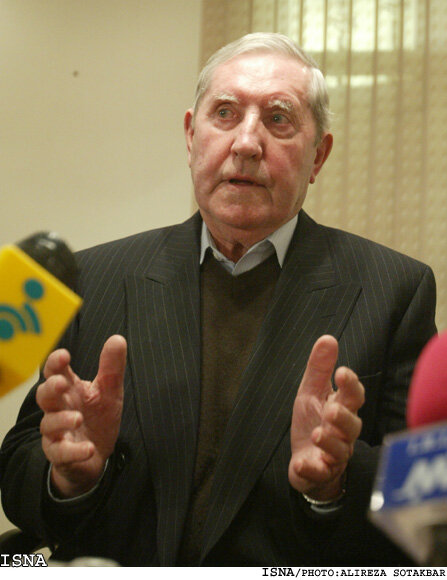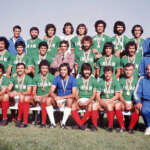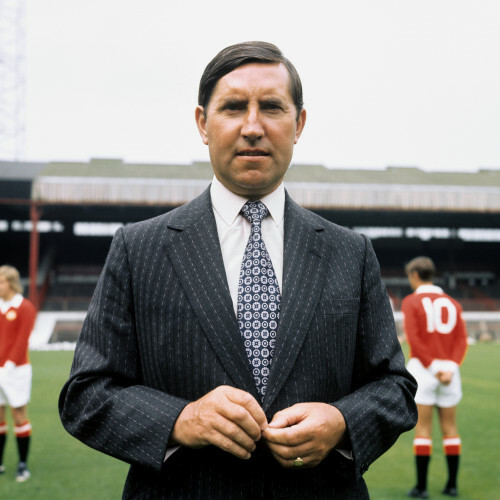The former Team Melli coach Frank O’Farrell has died at the age of 94. The Irishman also managed Leicester and Manchester United.
O’Farrell guided Leicester to the 1969 FA Cup final during his three-year spell in charge but the Irishman was best known as the man who succeeded Sir Matt Busby as United manager in 1971, although his Old Trafford reign would last only 18 months.
O’Farrell was a wing-half who played for his native Cork, West Ham, and Preston, winning nine Republic of Ireland caps between 1952 and 1959.

He began his managerial career at Weymouth in 1961 and spent three years at Torquay before landing the Leicester job in 1968. Leicester were beaten 1-0 by Manchester City in the following year’s Cup final and relegated from the First Division three weeks later.
O’Farrell was quickly appointed as Busby’s successor. After a promising start which saw United top the table for the first time in three years, O’Farrell fell out with George Best and the team ended the season eighth. O’Farrell was sacked in December 1972 with United third from bottom.
After a short spell at Cardiff, O’Farrell was appointed as the Head coach of Team Melli in April 1974. He began his tenure with seven consecutive wins, leading them to the gold medal at the 1974 Asian Games and qualification for the Montreal Olympics.
O’Farrell was credited for undertaking the development of national coaches like his protege Heshmat Mohajerani, Bahman Salehnia, and Hasan Habibi. Mohajerani took over from O’farell and became the best Iranian coach in the history of Iran and was crowned with his qualification to the World Cup 1978.
In January 2006, O’Farrell was invited to Iran to attend a ceremony in honor of Persepolis’ former players, along with Alan Rogers
In testimony to O’Farrell, the Iranian superstar of the 70’s Hassan Rowshan commented Frank O’Farrell, was a real gentleman; A coach. In my opinion, I believe that Rykov built the infrastructure and foundation of Iranian football, and O’Farrell completed it. Interestingly, unlike Carlos Queiroz, O’Farrell believe in domestic trainers and had several Iranian assistants, such as Mohajerani, Habibi, and Salehnia, with him, and taught them the work. After O’Farrell left Iran, Mohajerani took the helm of the national team and achieved good results in the Asian Cup, the Olympics, and the World Cup, especially in Argentina.
O’Farrell later attended the 1978 World Cup in Argentina as a reporter and met with the Iranian national team players.
Reacting to the fact that some consider O’Farrell the architect and a kind of gateway to the world football arena, Rowshan said: “With the change of generation that took place, O’Farrell invited younger players to Team Melli who later formed the main body of the team. First of all, if you want to build a 100-story apartment building, you have to have a solid foundation. Rykov did that and tore down our old football foundation and built a new one. O’Farrell helped modernize our football. Rykov was a coach from Eastern Europe and Yugoslavia. Most of Europe’s great coaches at the time were from Eastern Europe. As I said, Rykov took the first step and then O’Farrell prepared the team in the style of Western European teams. Unlike Queiroz, who was looking to play against weaker teams, Rykov focused on the likes of Brazil, Hungary, and Manchester United. In my opinion, Rykov and O’Farrell, in addition to Mohajerani, were our best national coaches.


